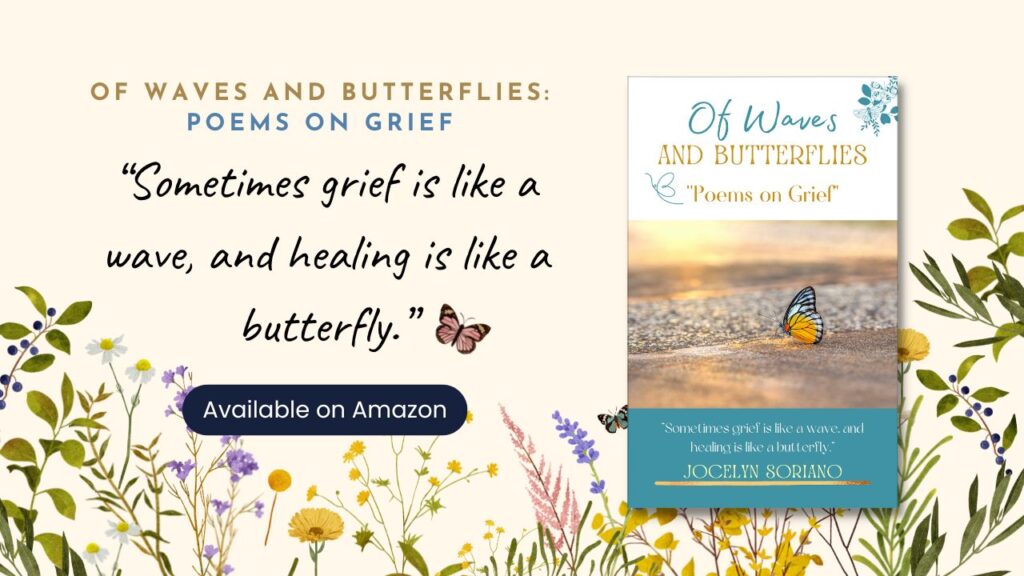 Grief is a deeply personal and universal experience. Everyone encounters loss at some point, yet misconceptions about grief often complicate the healing process. Understanding the truths behind these myths can help you or your loved ones navigate this challenging journey with greater compassion and clarity. Below, we debunk some of the most common myths about grief and provide insights into the reality of coping with loss.
Grief is a deeply personal and universal experience. Everyone encounters loss at some point, yet misconceptions about grief often complicate the healing process. Understanding the truths behind these myths can help you or your loved ones navigate this challenging journey with greater compassion and clarity. Below, we debunk some of the most common myths about grief and provide insights into the reality of coping with loss.
Myth 1: Grief Follows a Linear Process
Many believe grief progresses through a predictable sequence of stages, such as denial, anger, bargaining, depression, and acceptance. While the Kubler-Ross model is a helpful framework, grief rarely unfolds in a straight line.
Reality: Grief is unique to each person and can come in waves. You might feel acceptance one day and return to sadness the next. This ebb and flow is natural and doesn’t mean you’re regressing.
Myth 2: Time Heals All Wounds
The idea that grief diminishes simply with the passage of time is widespread, but it oversimplifies a complex process.
Reality: Healing takes active effort, not just time. Support systems, self-care, and finding meaningful ways to honor your loss contribute significantly to recovery. While the intensity of grief may lessen, the memory of your loved one remains.
Myth 3: You Should Be Over It by Now
Society often imposes arbitrary timelines for grief, leading some to feel guilty for not “moving on.”
Reality: There is no deadline for grieving. It’s okay to mourn for weeks, months, or even years. Grief is a lifelong adjustment, not a task to complete.
Myth 4: Grief Only Happens After Death
People commonly associate grief solely with the death of a loved one.
Reality: Grief can occur after any significant loss, such as the end of a relationship, a job, or a life-changing diagnosis. These types of grief are just as valid and deserve acknowledgment.
Myth 5: You Have to Be Strong
Cultural norms often pressure people to put on a brave face and suppress their emotions during grief.
Reality: Expressing sadness, anger, or confusion is a sign of strength, not weakness. Allowing yourself to feel and process emotions is essential for healing.
Myth 6: Grief Means Constant Sadness
Some believe grieving people should always appear visibly upset. If you’re not crying or outwardly mourning, you might feel judged.
Reality: Grief manifests differently for everyone. Laughter, joy, or even a sense of numbness are all normal reactions. Experiencing moments of happiness doesn’t mean you’ve forgotten your loss.
Myth 7: Talking About the Loss Makes It Worse
Many avoid discussing a loss for fear of reopening wounds or causing pain.
Reality: Sharing memories and talking about your feelings can be therapeutic. It allows you to process emotions and maintain a connection to the person or thing you’ve lost.
Myth 8: Children Don’t Grieve the Same as Adults
Adults may assume children don’t experience grief in the same profound way, leading to their emotions being overlooked.
Reality: Children grieve differently but just as deeply. They might express their grief through behavior changes, play, or questions. Open communication is key to supporting grieving children.
Myth 9: Seeking Professional Help Is Unnecessary
Some people believe grief counseling is only for those who can’t “handle” their emotions on their own.
Reality: Professional support can be invaluable, especially when grief feels overwhelming or prolonged. Grief counselors offer tools to cope and insights to navigate the emotional terrain.
Myth 10: Moving On Means Forgetting Your Loved One
The phrase “moving on” is often misconstrued as leaving the memory of your loved one behind.
Reality: Healing from grief doesn’t mean forgetting. You can cherish memories while finding ways to live fully and honor your loved one’s legacy.
Navigating Grief With Compassion
Understanding the common myths about grief can pave the way for more empathy—towards yourself and others. Grief is not something to “fix” but rather a journey to embrace, no matter how long it takes.
If you’re experiencing loss, remember: you’re not alone. Whether through support groups, counseling, or leaning on loved ones, help is available. Grief is a testament to the love we carry, and with time, compassion, and effort, it’s possible to find meaning and peace amidst the pain.
You may also want to read “Grief Poems for the Loss of a Loved One”.
Or you can take a look at the following book:
Of Waves and Butterflies: Poems on Grief
